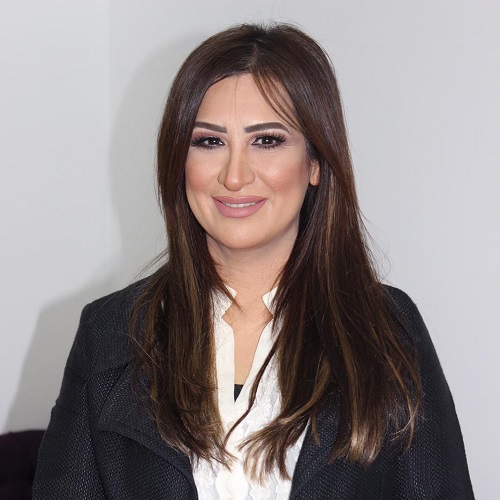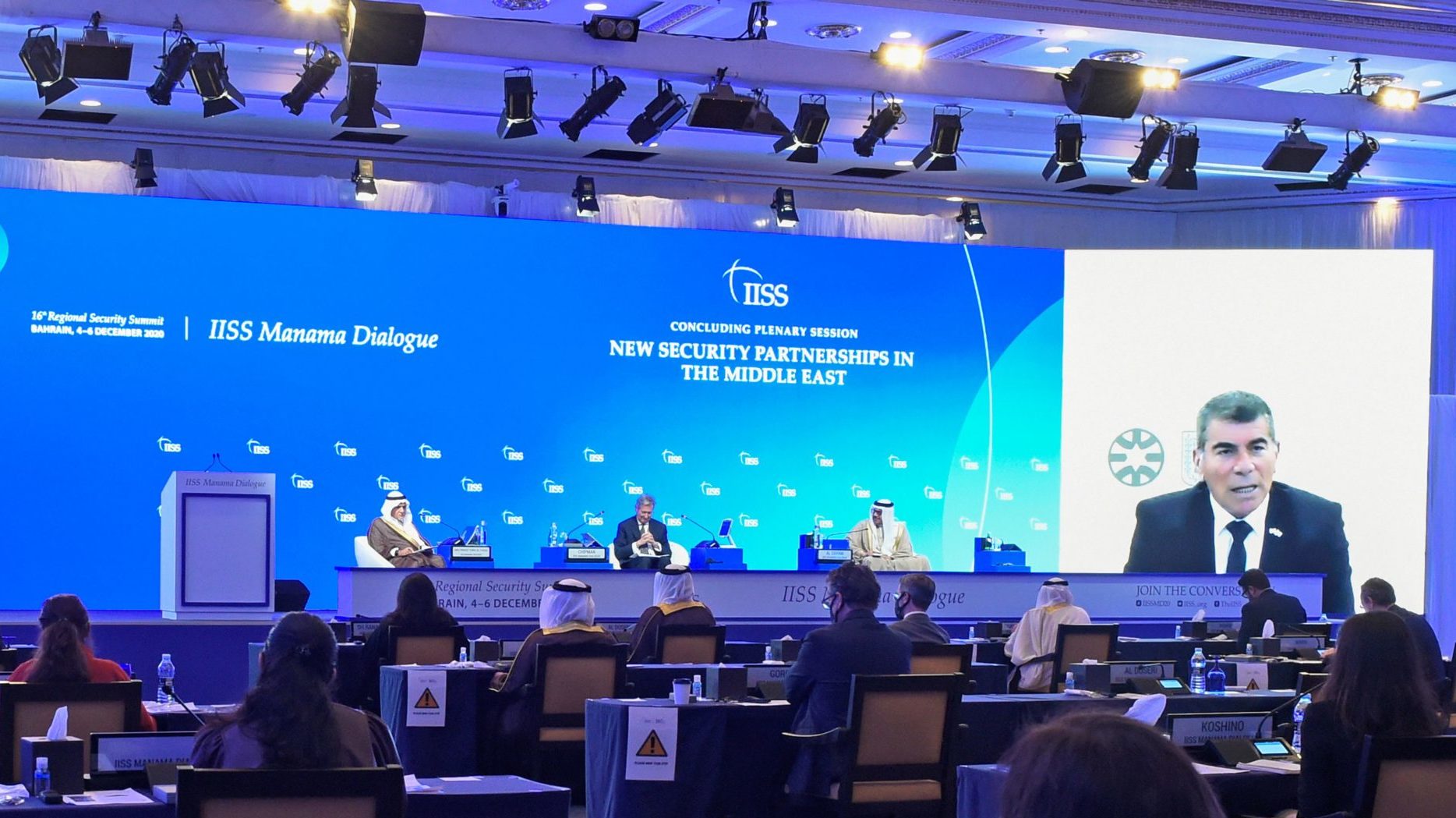In Wake of IISS Manama Dialog, GCC Summit Could Reshape the Middle East
In the coming days, this region looks forward to another important event: the Gulf Cooperation Council Summit, a GCC leaders summit that annually sheds light on the most important issues of the hour.
The summit will wrap up December’s main achievement, the International Institute for Strategic Studies (IISS) Manama Dialogue that concluded on December 6, with the Abraham Accords getting the lion’s share of attention and participants being loud and clear about where they stand regarding threats from Iran, its nuclear program, the significance of unified international efforts to fight extremism, and how the Abraham Accords have changed the face of the Middle East.
Statements from politicians, officials, and security specialists all had one issue of common concern: Without international coordination and cooperation, the world will only be allowing extremist regimes to continue being destructive members in the international community.
If we actively investigate the most important statements made, we will clearly see that Israel has become a stronger team player in Middle East politics following the historic agreements signed with Bahrain, the United Arab Emirates, Sudan, and now Morocco. Perhaps Israeli Foreign Minister Gabi Ashkenazi’s statement regarding the negotiations with Palestinian leaders was a pivotal point in this event that needs to be further analyzed. Ashkenazi’s statement was both clear and came forward as very genuine as he emphasized: “We were born in the region. We know the challenges and it’s a question of leadership.”
Ashkenazi also was more open about directly pointing fingers at Turkey’s aggressiveness in the Eastern Mediterranean, hoping that Erdoğan’s foreign policies toward countries in the Middle East will change as he hosts Hamas’ headquarters, providing them state assistance that has over the years enabled Hamas members to move around more easily with passports provided by Turkey. This was an important clarification of where Israel stands when it comes to its relations with Turkey and its strong stance toward unacceptable Turkish foreign policies.
The annual IISS event, held in Bahrain this year, specifically focused on security partnerships as the region is not alone in facing the aggression and terrorist actions of the Houthis, Hizbullah, Hamas, and the Muslim Brotherhood, but cells of these organizations have grown and strengthened elsewhere in the world, especially Europe. Facing these extremists and ideologies is today a major geopolitical issue and not just a regional issue that needs to be only dealt with by Middle Eastern countries.
They are not just our problem anymore but the international community’s problem.
Every statement made at the IISS Dialogue emphasized a unified stance, whether it came from a Middle Eastern official or a government representative from Europe.
Bahrain Foreign Minister Abdullatif Al Zayani stressed that no region in the world can guarantee its security in isolation and that the region’s stability is protected when countries work together – again a direct message to the countries that have prioritized their personal agendas at the expense of the overall security and interests of people in the region.
These are specifically Iran, which still dreams of exporting its so-called Islamic revolution, Qatar, which wants to lead the region and continues to defy international norms by embracing terrorists, and Turkey, which dreams of re-establishing its long-gone empire.
The decadeslong rift between Israel and the Gulf countries enabled the growth of the ayatollah regime, its Revolutionary Guard, its threats, its funding of the Houthis and Hizbullah, the growth of the Muslim Brotherhood that succeeded in gaining power in Egypt, the Iranian presence and power over Iraq, and the emerge of ISIS, al-Qaida and other major terrorist players around the world.
This, in addition to the Turkish and Qatari regimes’ support and embrace of the world’s most wanted Hamas and Muslim Brotherhood terrorists, all necessitated that the Manama Dialogue ends with a clear, strong message about where we all stand against terrorists and extremists.
The IISS Manama Dialogue 2020 took a completely different approach this year due to the Abraham Accords. The common interests on the table are significant, as the world needs to face bigger challenges in 2021. As our common interests grow, perhaps more countries will sign agreements and this could be another turning point in shaping the future of the Middle East.
The Gulf countries also have the most common interest: keeping Turkey’s troops out of Qatar and stopping Iranian threats, especially given Qatar’s close connections to Turkey and Iran. At the GCC Summit, we will all get to see whether Qatar is willing to give up financing Hamas and Muslim Brotherhood terrorists. By the end of the summit, the political scene may change!



